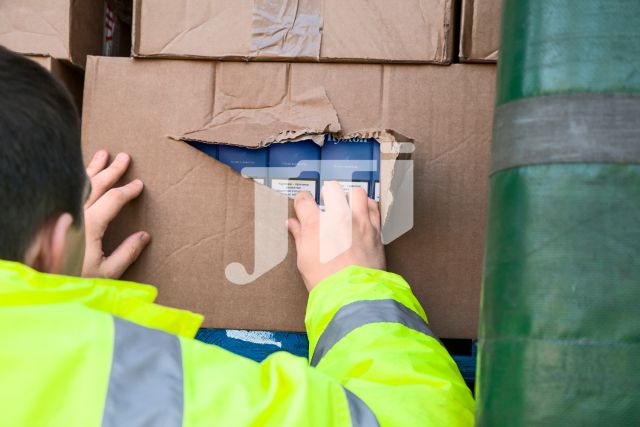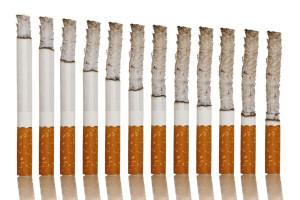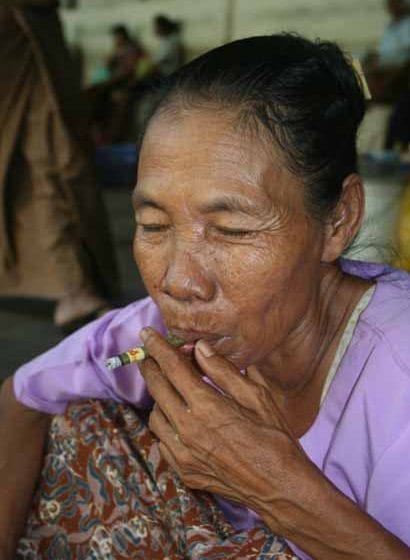If the price of legal marijuana must be competitive with black market marijuana to discourage underground sales, then the same logic should apply to nicotine products, according to a ctvnews.ca story quoting the head of Imperial Tobacco Canada.
Governments across Canada are preparing for marijuana’s legalization in 2018 and are creating legislative frameworks to regulate the industry. Bill Blair, the federal MP tasked with leading the drug’s legalization in Canada, has said the provinces generally agree that the price of legal marijuana should be roughly the same or lower than that of the marijuana that can be found on the street.
And Imperial’s Jorge Araya said that same rationale should apply to nicotine products.
Imperial wasn’t lobbying for lower taxes for traditional cigarettes but was against future increases as well as the federal government’s plan to require standardized packaging, he said.
Araya is lobbying also for a competitive tax regime for what he calls “less-risky” nicotine products, such as heat-not-burn products and electronic cigarettes, which, he says, represent the future of the industry.
“The first step is to stop tax increases provincially and federally because we are getting to a level where illegal tobacco is booming in the country,” Araya said in an interview after a speech organized by Quebec’s main employers’ association.
About 70 percent of the price of a pack of cigarettes was taxes, he said, and the illegal market in Canada represented 25 percent of sales and billions a year in lost revenue for governments.
“We will always advocate for very high taxation with (traditional) cigarettes,” he said. “We have to pay for the externalities and health impacts that we create – what we don’t want is to go higher than we are today,” he said.
Imperial Tobacco supports Bill S-5, which is making its way through the Senate and would legalize nicotine-containing vaping products in the country.
But Araya said the company was against the provision forcing companies to have standardized packaging for cigarettes because that would hinder the consumer’s ability to differentiate between products and with the black market.
Sindy Souffront, spokesperson for Health Canada, said in an email that vaping products, including e-cigarettes and e-liquids that contain nicotine, currently required authorization from Health Canada before they could be imported, advertised or sold in Canada.
“To date, no such products have been approved,” she said. “Under Bill S-5, manufacturers and importers of a vaping product containing nicotine would not be required to seek Health Canada approval, provided that the product does not make therapeutic health claims.”
Araya said that Imperial wanted to discuss nicotine products with the government and reach an agreement on how to treat taxation in a “very sustainable way”.
Meanwhile, a Quebec anti-tobacco coalition said it was misleading to treat tobacco like marijuana because tobacco, unlike pot, was tied to tens of thousands of deaths a year.
Flory Doucas, the group’s spokesperson, said “the goal of (Araya’s) speech was to rally the business community to the defence and interests of cigarette companies by stoking fear regarding new anti-tobacco measures and to publicize their new products.”
While Imperial Tobacco is lobbying the government on regulation, it is also waiting for a major court ruling that could force the company to pay hundreds of millions of dollars to smokers.
In 2015, a Quebec judge ordered three major cigarette companies, including Imperial Tobacco, to pay $15 billion to smokers as part of a class-action lawsuit.
The companies made arguments to the Quebec Court of Appeal about a year ago and are awaiting a decision.
Araya said his company isn’t ruling out going to the Supreme Court of Canada if it lost the appeal.
“Yeah, that’s one of the avenues, to go to the Supreme Court,” he said. “But at the moment that would be speculation. We are very confident about the strength of our arguments.”









